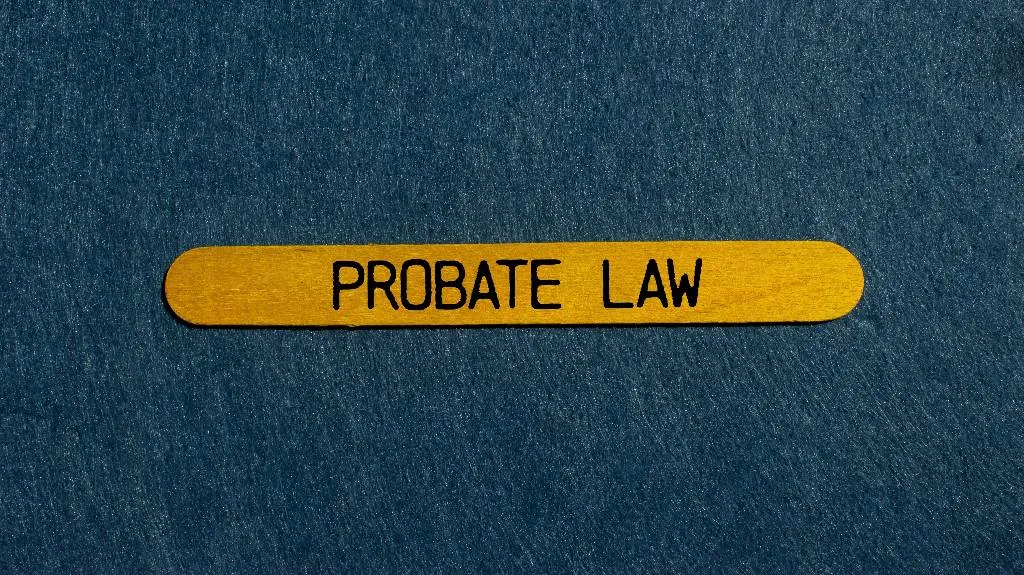As an estate and business planning law firm serving Rocklin, Roseville, and Granite Bay, we often address the intersection of estate planning and business compliance issues. One such requirement is the Beneficial Ownership Information (BOI) reporting mandate, introduced by the Corporate Transparency Act (CTA) and enforced by the Financial Crimes Enforcement Network (FinCEN). Whether you own a small business, manage a trust, or administer an estate, understanding this filing requirement is critical. This article explains the filing process, deadlines, penalties, and unique considerations for trusts holding interests in entities subject to the CTA.
What Is the Beneficial Ownership Information (BOI) Requirement?
The BOI reporting requirement is designed to combat illicit financial activity by increasing transparency about who owns, and controls entities registered in the United States.
Under the CTA, most corporations, limited liability companies (LLCs), and similar entities are required to file a report with FinCEN identifying their beneficial owners. A “beneficial owner” is anyone who directly or indirectly exercises substantial control over the entity or owns or controls at least 25% of its equity interests.
Who Needs to File?
Entities formed or registered in the United States, including many small businesses and family-controlled entities, are subject to the reporting requirement. Exemptions exist, such as for large, publicly traded companies or certain heavily regulated entities, but most small LLCs and closely held corporations will need to comply.
If your estate plan involves trusts owning businesses, these businesses must comply unless an exemption applies. We’ll discuss how trusts factor into compliance later in this article.
How to File a BOI Report with FinCEN
Filing the BOI report requires submitting specific details through FinCEN’s online portal. Here’s what to include:
- Entity Information
- Full legal name of the entity.
- Trade or “doing business as” names, if applicable.
- Current address of the entity’s principal place of business.
- State or Tribal jurisdiction of formation or registration.
- IRS Taxpayer Identification Number (TIN).
- Beneficial Owner Information
For each beneficial owner, provide:- Full legal name.
- Date of birth.
- Residential address.
- A unique identifying number from an acceptable document (e.g., passport or driver’s license) and an image of the document.
- Filing Mechanism
FinCEN provides an electronic filing system. Instructions and forms are accessible via FinCEN’s BOI portal.
Deadlines for Filing
- Existing Entities (Formed Before January 1, 2024)
- Reports must be submitted by January 1, 2025.
- New Entities (Formed on or After January 1, 2024)
- These entities must file their BOI reports within 30 days of formation or registration.
Penalties for Noncompliance
Failing to comply with FinCEN’s BOI reporting requirements isn’t just a procedural misstep—it’s a decision that could carry severe consequences for both your finances and your freedom. Failure to file or inaccuracies will cost you $500 every day of non-compliance. That’s just the civil penalty for noncompliance, and it can add up quickly. Beyond that, the potential criminal penalties are even more alarming: a fine of up to $10,000 and imprisonment for as long as two years.
For small business owners or estate administrators, these penalties could derail operations or hinder the orderly management of assets. For those managing family trusts or entities tied to an estate plan, the impact extends even further. Noncompliance could cause reputational damage or disrupt the trust’s long-term goals, such as preserving wealth or minimizing taxes. That’s why understanding and adhering to the BOI requirements isn’t just advisable—it’s essential.
Special Considerations for Trusts
When trusts own or control entities subject to the BOI reporting requirement, the situation becomes more complex. For example, a family trust that owns 25% or more of a small business is considered a beneficial owner under the Corporate Transparency Act. In such cases, the trustee becomes responsible for filing the report on behalf of the trust.
However, the story doesn’t end there. Many trusts have multiple trustees or beneficiaries who exert control. For instance, if three siblings are co-trustees of a family trust, each may need to be listed in the BOI report. Similarly, if beneficiaries hold discretionary powers or rights that qualify as “substantial control,” their personal information must also be disclosed.
For families concerned with privacy, this can feel invasive. Beneficiaries who aren’t actively involved in the day-to-day management of the entity may still find themselves entangled in federal reporting requirements. While FinCEN aims to safeguard this information from public disclosure, concerns about data security and privacy remain valid.
This complexity underscores the importance of working with an experienced estate planning attorney. By carefully structuring trusts and entities, it’s possible to limit reporting obligations or ensure compliance in a way that aligns with your broader estate planning goals.
How Estate Planning Can Simplify Compliance
Estate planning, when done thoughtfully, can provide clarity and efficiency in meeting BOI reporting requirements. At Filippi Law Firm, P.C., we often encounter clients who feel overwhelmed by the overlap of estate planning, trust management, and federal compliance. Fortunately, the right strategy can streamline the process.
For example, if you’re forming a new LLC as part of your estate plan, we’ll ensure that its ownership and management structure are clear from the start. This includes properly documenting control mechanisms and identifying all beneficial owners to make compliance straightforward.
If you’re managing an existing trust that owns a business, we can help you determine who qualifies as a beneficial owner under FinCEN’s rules. We’ll also review trust agreements to ensure that they clearly define control and ownership, minimizing ambiguity and potential reporting errors.
Beyond compliance, an estate plan designed with FinCEN’s rules in mind can reduce the administrative burden for trustees and beneficiaries. For instance, we can advise on restructuring entities to limit the number of individuals subject to reporting requirements, all while preserving your estate’s broader objectives.
Missed a deadline? Don’t panic. We can guide you through the correction process to minimize penalties and protect the integrity of your estate plan. By addressing BOI compliance as part of your estate planning strategy, we ensure that your legacy isn’t just secure—it’s compliant with today’s evolving legal landscape.
At Filippi Law Firm, P.C., we don’t just help you file forms; we integrate these requirements into a cohesive plan that supports your long-term goals. If you’re ready to take the guesswork out of compliance, we’re here to help.
Why Choose Filippi Law Firm, P.C.?
Located in Rocklin, Filippi Law Firm, P.C., serves clients throughout Roseville, Granite Bay, and surrounding areas. Our team of experienced estate planning attorneys is well-versed in the nuances of trust administration and corporate law. Whether you’re forming a new entity, administering an estate, or managing a trust, we provide tailored advice to meet your needs.
Navigating the BOI reporting requirements can be daunting, but with the right legal guidance, you can avoid costly mistakes. Contact Filippi Law Firm, P.C. today to schedule a consultation. We’ll ensure your estate plan is not only compliant but also optimized for your family’s legacy.
Call us at (916) 333-7910 or visit us at our office in Rocklin to learn how we can help you secure your future.




